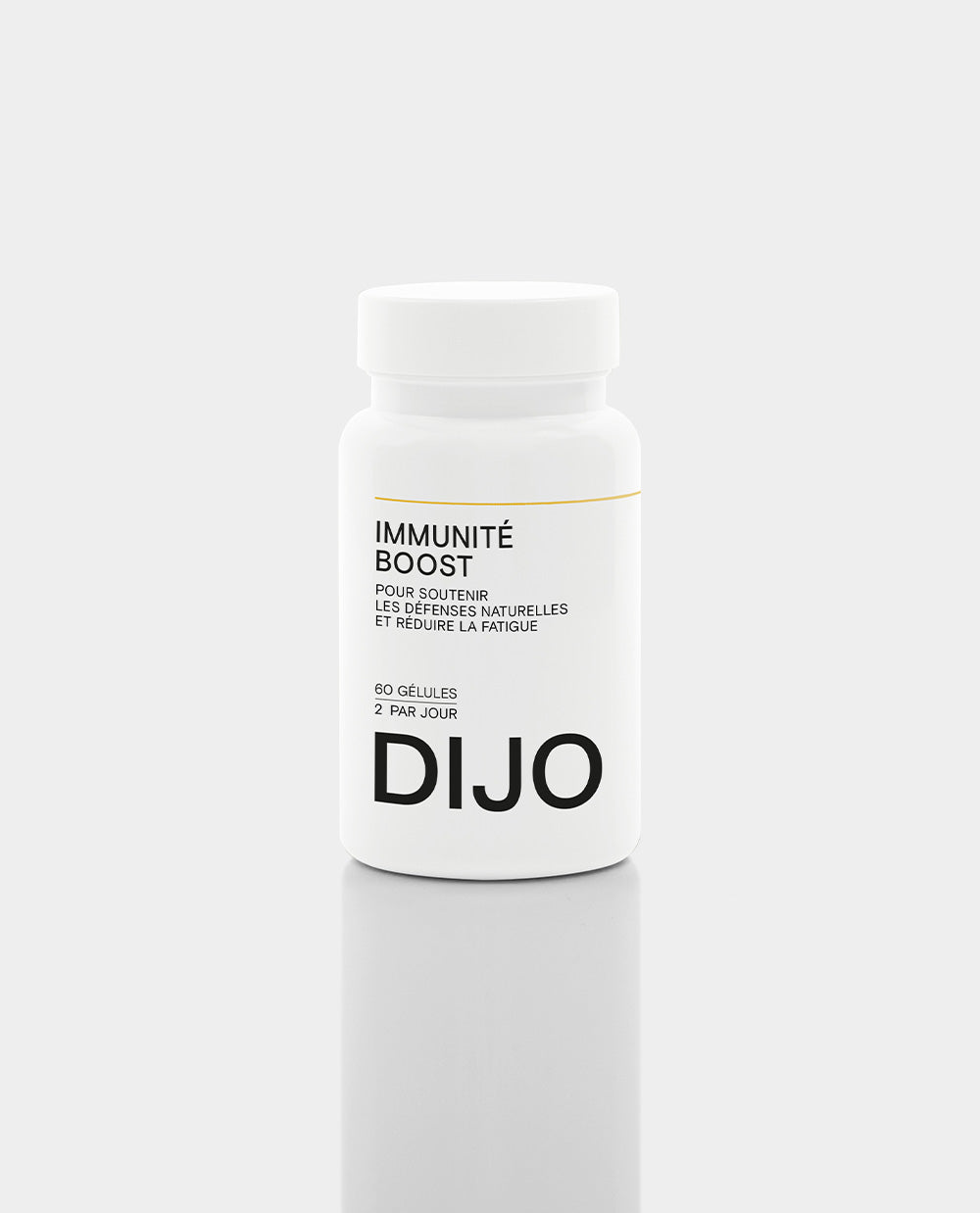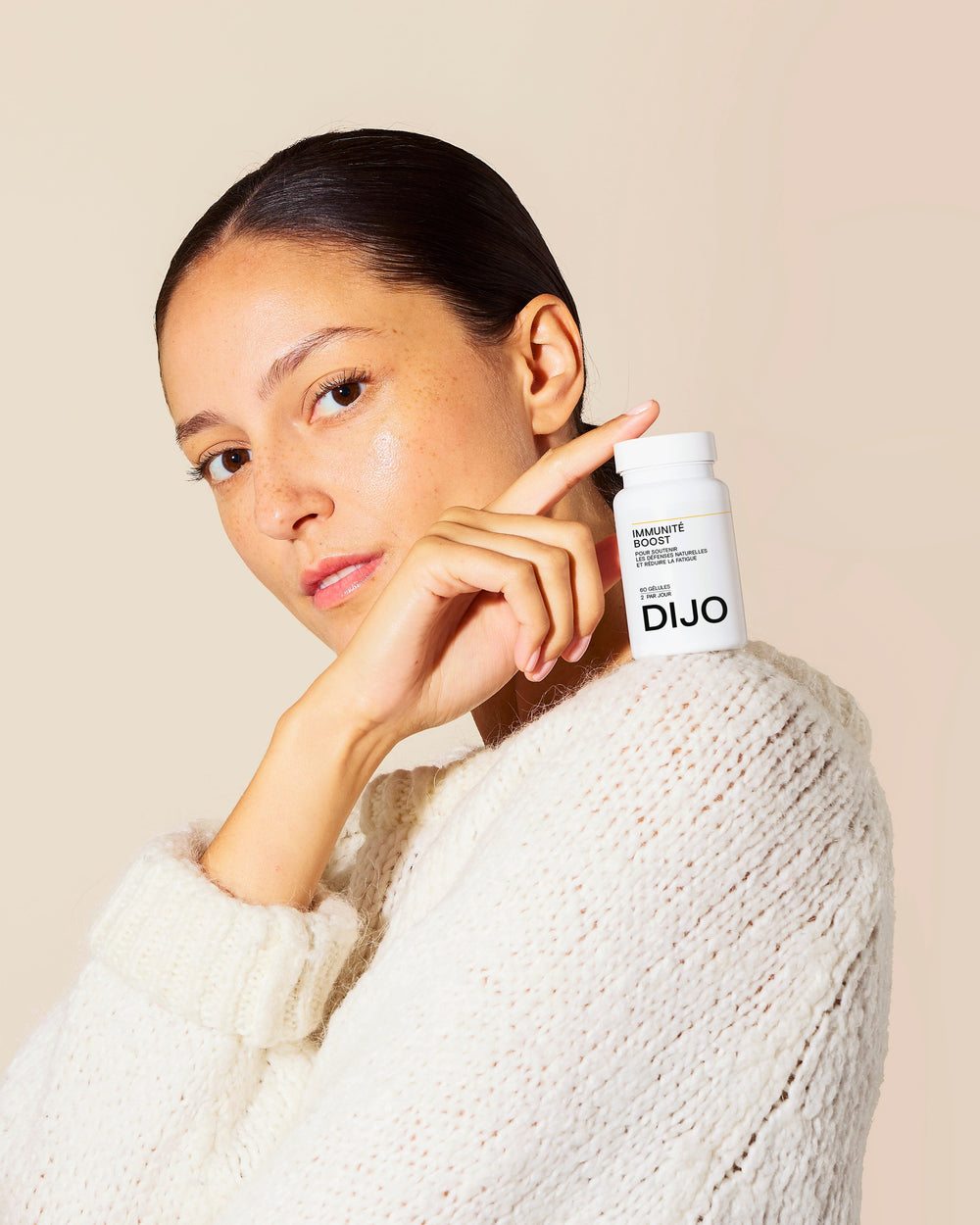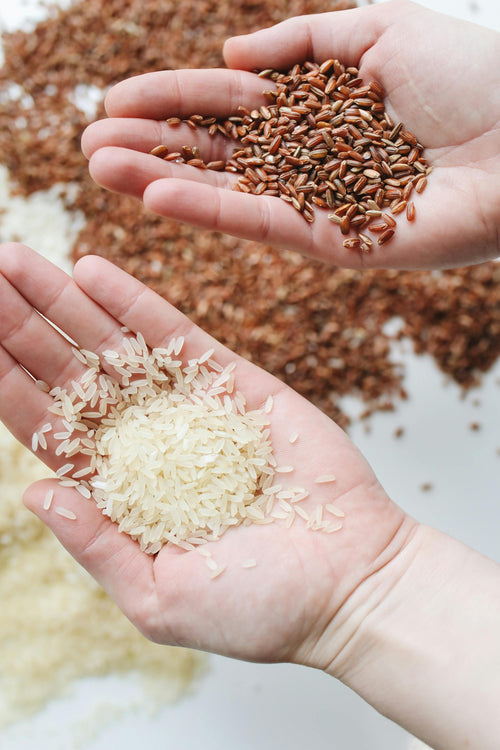Our bacteria are responsible for 70 to 80% of our immunity. For strong health, it is essential to take care of and nourish these bacteria so that they survive, develop and provide all their benefits.
Immunity provided by our stomach
We tend to only think about the role of the gut microbiota in digestive disorders, but it is also a key part of our immunity . The intestinal mucosa is a selective barrier and plays an important role in protecting the body against pathogens present in the foods and liquids we ingest. It allows you to sort out the foods and substances that pass through the digestive tract and the rest of the body. This mucosa is also equipped with a specialized immune system that recognizes and destroys pathogenic bacteria and viruses that attempt to cross this barrier. This system is capable of recognizing foreign pathogens and triggering a local immune response to eliminate them. The probiotics that populate this mucosa also help the body distinguish between enemy and friendly species. In addition, by occupying the terrain, probiotics prevent pathogens from settling and colonizing the intestines while producing bactericidal substances. Real bodyguards!
Unbalanced microbiota = Weakened immune system
Our new lifestyles such as processed food, stress and pollution prevent the proper development of our good bacteria. In addition to these daily alterations, it has been noted that they are no longer sufficiently nourished through our diet. All this constitutes the winning combo for an unbalanced microbiota and the inconveniences that accompany it. And if our bacteria are no longer numerous enough to protect us from pathogens, our immunity is weakened. Indeed, when the intestinal microbiota is unbalanced, this can lead to chronic inflammation of the intestine and an alteration of the intestinal barrier. This can allow toxins, allergens or disease-causing bacteria to enter the body and trigger inflammatory reactions. We also observe a decrease in the production of molecules supposed to protect us, which weakens the immune system and makes us more vulnerable to infections.
We don't eat enough fiber!
The good bacteria that make up our intestinal microbiota are essential to keep us healthy. But we often forget that feeding these good bacteria with fiber is just as important. This is why today it is recommended to consume 30 to 40 g of fiber per day. However, in France, we eat on average 17.5 g of fiber/day* for adults. Only 13% of adults reach the recommended minimum threshold of 25 g/day.
But what exactly are dietary fibers? Dietary fiber is one of the five categories of prebiotics. They help nourish the good bacteria colonizing our intestines. By feeding on these prebiotics, the bacteria ensure their fermentation and in return produce small molecules similar to natural medicines essential to our health. In addition, bacteria that are well “fed” thanks to these prebiotics will develop and persist in our intestines. Dietary fiber is naturally present in certain foods such as fruits and vegetables, oilseeds, whole grains and legumes. An insufficient portion of these fibers in our diet can increase digestive problems. It is therefore important to ensure that you consume enough of it daily.
Boost the immune system with prebiotics and micronutrition
Taking food supplements containing prebiotics, including fiber, will help optimize their intake to our body but should only be done in conjunction with dietary measures. These prebiotics will help rebalance the microbiota by feeding the “good” bacteria. They will thus be able to develop and be healthy. In order to ensure the effects of a good microbiota on our immunity, we must also rely on essential ingredients that have proven themselves. This is where guarana, ginseng and vitamin C come into play. The guarantee of renewed energy and a real boost!
- Guarana , rich in caffeine, is a physical and intellectual stimulant that helps improve memory, attention and mood.
- Ginseng , which is an adaptogenic plant, helps reduce fatigue and improve physical performance. Furthermore, the WHO recognizes the use of this plant to tone the body in cases of fatigue and to restore physical and intellectual work capacity.
- The well-known vitamin C is also a powerful antioxidant that can help strengthen the immune system by protecting cells against damage caused by free radicals and stimulates the production of white blood cells (our body's soldiers!). In sufficient quantity, it also helps to give our body a boost.




















